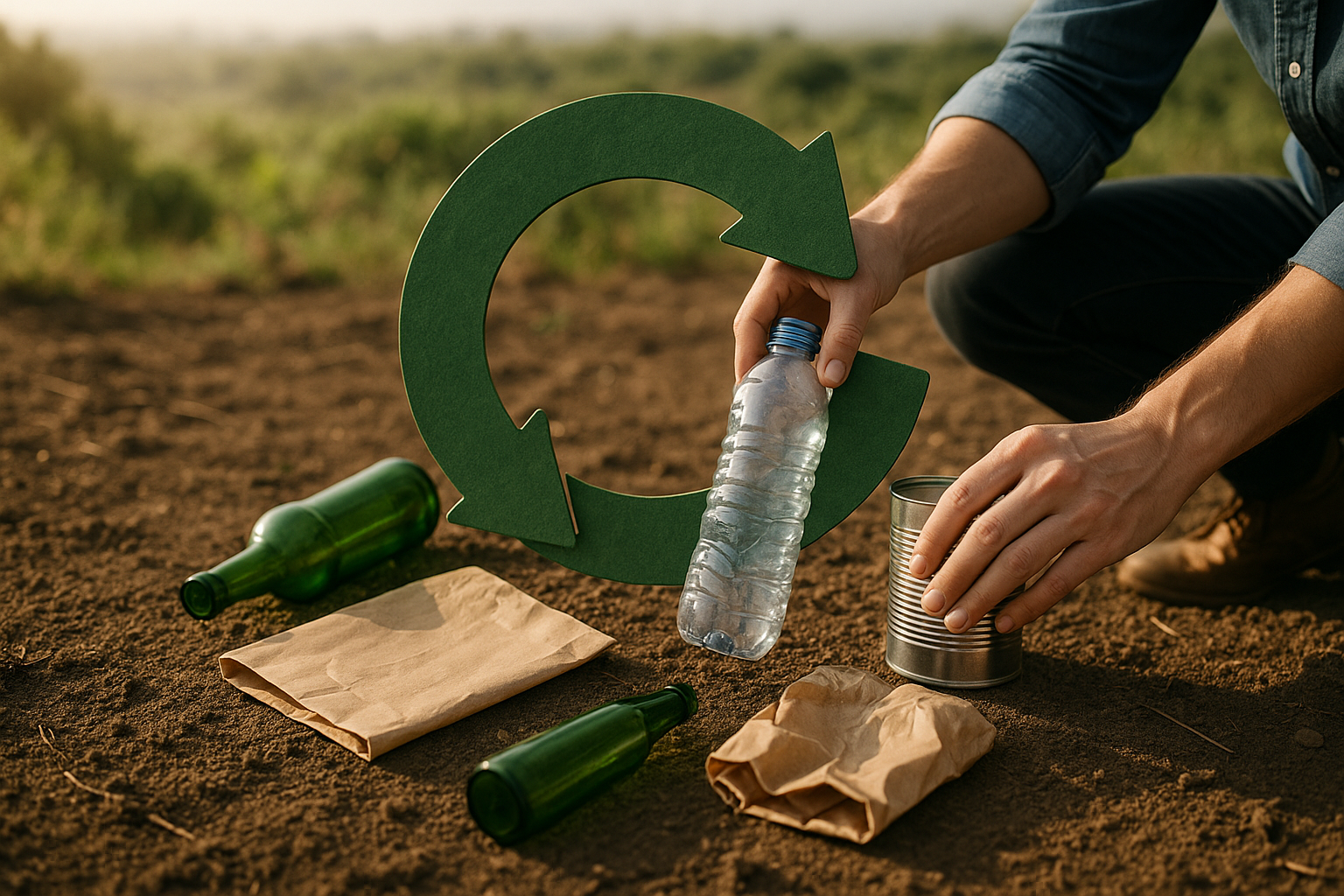Shaping Modern Society: The Growing Trend of Circular Economies
As sustainability becomes a global priority, the concept of circular economies is gaining traction. This economic model aims to redefine growth, focusing on positive societal benefits and environmental regeneration. Read below to discover how this trend is shaping our contemporary society.

The Genesis of Circular Economies
The concept of a circular economy is not entirely new. Its roots can be traced back to the mid-20th century, when economists and environmentalists began to question the long-term viability of a linear economic model—where we take resources, use them, and then discard them. The idea of a closed-loop system, in which waste is minimized and resources are continuously reused, began to take shape. This model of economy was further popularized by the Ellen MacArthur Foundation in the early 21st century as a sustainable alternative to the prevailing linear model.
Embracing the Circular Mindset in Today’s World
Modern society is increasingly embracing the circular economy model. Governments, corporations, and individuals worldwide are recognizing the environmental, economic, and societal benefits of this approach. For instance, the European Union has implemented a Circular Economy Action Plan, aiming to ensure sustainable product design and reduce waste. Similarly, corporations are rethinking their production processes and business models to align with circular principles.
Societal and Cultural Implications of Circular Economies
The rise of circular economies is more than just an economic shift; it carries profound societal and cultural implications. This model promotes a culture of sustainability, urging individuals to rethink consumption habits and redefine notions of value and wealth. Moreover, it encourages social innovation and fosters communities that are resilient, inclusive, and invested in the well-being of the planet.
The Role of Science and Research in Advancing Circular Economies
Research plays a crucial role in advancing circular economies. Scientists are exploring innovative ways to recycle and reuse resources, while sociologists study societal behaviors and attitudes towards consumption and waste. This research-backed approach ensures the successful transition towards a circular economy, providing evidence-based insights to inform policy and practice.
The Future of Circular Economies: A Look Ahead
The growing trend of circular economies is set to shape the future of our society. As we seek solutions to urgent challenges like climate change and resource scarcity, the circular model offers a promising pathway. By shifting our economic paradigm from linear to circular, we can build a sustainable, resilient, and equitable society for future generations.
In conclusion, the trend of circular economies represents a significant shift in our economic model and societal values. It is a testament to our evolving understanding of sustainability and the urgent need for change. As we continue to explore and implement this model, we are not merely reshaping our economy—we are reshaping our society and our future.




